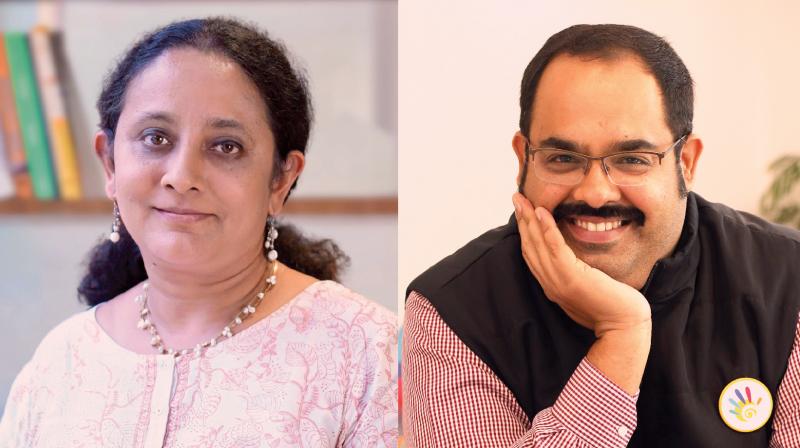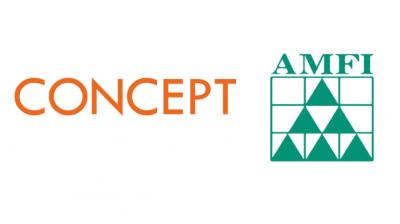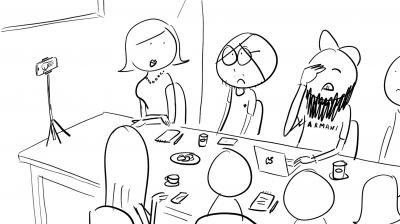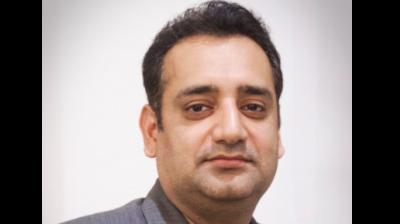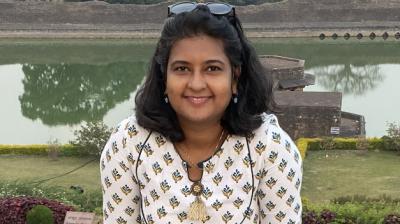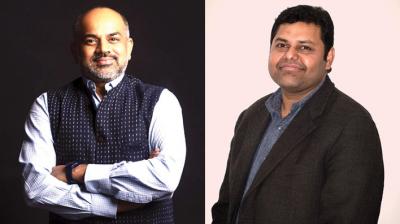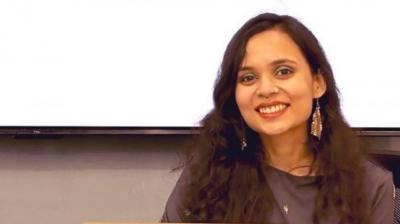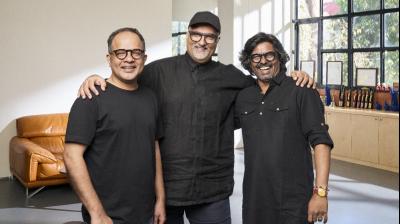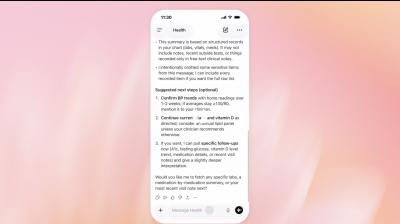In the latest episode, Manasi Narasimhan, head - communications and fundraising, CEGIS, spoke with Pankaj Parwanda, co-founder, goSTOPS, about the inspiration behind creating hostels in India and the journey of building a new travel category. Parwanda shared how a European backpacking trip sparked the idea of the company, why they rebranded from Stop Hotels, and how goSTOPS now aims to cater to Gen Z with a focus on safety, social interaction, and authenticity in marketing.
Explaining the spark behind the brand, Pardwanda, said, “This idea and this inspiration were born out of a travel experience. We took a backpacking trip to Europe in 2012, and we saw hostels for the first time. I remember being in Salzburg (Austria), walking into a noisy common area where young interns were mixing cocktails out of juice cartons. Within five minutes, I knew four people and their life stories. That’s when Pallavi Agarwal, my co-founder and wife, whispered, ‘We need something like this in India.’”
Sceptical at first, Parwanda recalls dismissing the thought as just another budget hotel. But the memory stuck. Pallavi quit her job, went to Varanasi, and launched the first hostel.
“We saw it was doing so well, even though only foreign backpackers knew of the concept. That’s when I quit my job, too. We realised we had to educate Indian youth and grow the category,” he said.
The early days came with practical challenges, including the brand name.
Parwanda remarked, “We started as Stops Hostels, because we felt a stay should be a pit stop, not the hero of the journey. But SEO killed us. Search ‘Stops Varanasi’ and you’d only get bus stops. When we got the domain gostops.com, people naturally began calling us goSTOPS. We just followed the consumer and rebranded.”
Building the hostel category in India meant adapting a European idea to Indian youth. He added, “In Europe, hostels were cheap long-stay options with no housekeeping, because people travelled for months. In India, travel is short, two or three days, often in mixed-gender groups. They’re value seekers, not penny pinchers. They want housekeeping, 24/7 cafes, and better assets. And we’re a smartphone country, so everything had to be on an app, from food to digital locks. That’s how the product metamorphosed into youth hostels for India.”
Marketing the concept brought its own hurdles, especially around hygiene and safety. Parwanda emphasised that solving concerns in the product came first.
“We had to centralise food supply chains, standardise housekeeping, and put in digital security. Then, instead of heavy advertising, we leaned on nano and micro influencers. We made them stay with us, experience the hostels, and talk about it authentically in their circles. That worked. Today, our brand equity studies show safety and predictability as our strongest markers,” stated Parwanda.
Authenticity became the backbone of the brand’s communication. Parwanda remarked, “Gen Z is often painted as rich kids with fancy clothes, but inside, they’re still unsure of themselves. They want to be accepted as they are. So our message is: be you while you’re here. Whether it’s women dressing in saris before a wedding, couples taking a retreat, or a girl finally travelling with her friends because her parents trusted the hostel format, we celebrate all use cases. The brand isn’t a mentor or a senior, it’s your friend.”
That positioning flows into how goSTOPS uses social media.
“We keep the brand open, celebrate the spectrum of travellers, and focus on listening more than talking. If there’s a brand that’s just celebrating you, it’s easier to connect,” Parwanda shared.
With 30 hostels operating across the country and seven more launching this month, goSTOPS now serves both business and leisure travellers.
Parwanda stated that in cities like Delhi or Bengaluru, digital nomads and freelancers choose the brand because they can work productively and still not feel alone in the evenings.
“In leisure hubs like Manali or Goa, our communication goes to tier-two and tier-three cities, telling young people that hostels are safer and more social than hotels,” Parwanda said.
For Parwanda, the lessons extend beyond hospitality.
He summarised, “The first step is just listening. Too many people come up with strategies, but the most successful are those who first ask users why they choose us. Marketing isn’t just social posts, it’s the ears of the organisation telling us what’s working, what needs to change. Listening, identifying real challenges, and solving them, that’s marketing, business, and life.”
Tune into the podcast here.

.jpg)
